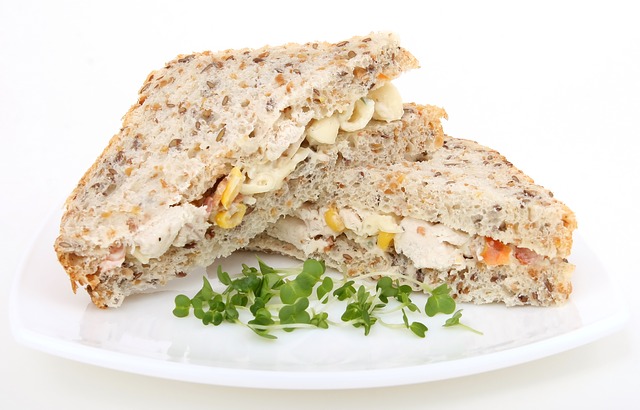5 Ways to Avoid Overeating

Do you ever eat dinner with a fork in one hand and also the TV remote in the other?
For many people, the well-liked way to unwind after a protracted day is by plopping down on the couch, kicking up their feet, and vegging to get in front of the TV.
Unfortunately, this habit has the potential to guide to overeating and, eventually, weight gain.
Food plus TV equals distracted eating
If you’re eating ahead of the TV (or computer, or smartphone, for that matter), chances are high that you’re paying more attention to what’s happening on the screen than to the spaghetti you’re putting into your mouth.
This not only makes food less satisfying, but it makes it easier to miss cues that you’ve eaten enough, like seeing what proportion is gone from the plate or feeling that your stomach is getting full.
Research backs up this concept, too. Studies show that we tend to eat more when we’re distracted — both within the moment of distraction and shortly within the day.
ALSO READ: The Importance of Eating Dentist-Approved Foods
Breaking the habit
If you’re able to start eating more mindfully, start with the following pointers from Dr. Albers:
1. Disconnect the 2 behaviors.
Research shows that giving your food the eye it deserves may reduce the number you eat, plus bog down on hunger and snacking later.
2. Choose wisely
If you’re hankering for something within the evening hours, choose a snack that’s not sugary or caffeinated. Complex carbohydrates like whole-grain bread, cereals, or crackers may help promote sleep.
3. Set limits
It may be helpful to think ahead and set limits — both in terms of your snacking and your TV watching. Plan to eat only one cup of popcorn (instead of the entire bag) and to only watch two episodes of your show (instead of the whole new season). If you’re watching TV within the evening hours, this will also prevent a Netflix binge from cutting into your sleep time. Missing even one or two hours of sleep could throw off your appetite hormones the subsequent day, Dr. Albers says, which cravings for sugary and salty foods and overeating could set you up for.
4. Give your hands something to try and do
Besides snacking, that is. Find an activity that may keep your hands busy while you’re watching TV, like knitting, coloring, painting your nails, squeezing a stress ball, or doing a sudoku puzzle.
5. Invite a partner
“Sometimes watching TV with others will be helpful, because we leader our behavior with them,” Dr. Albers says.
Sleep, stress, and an entire kind of emotions may also contribute to overeating, so if you’re having a tough time reigning in your TV snacking, consider whether there may well be other factors at play.


